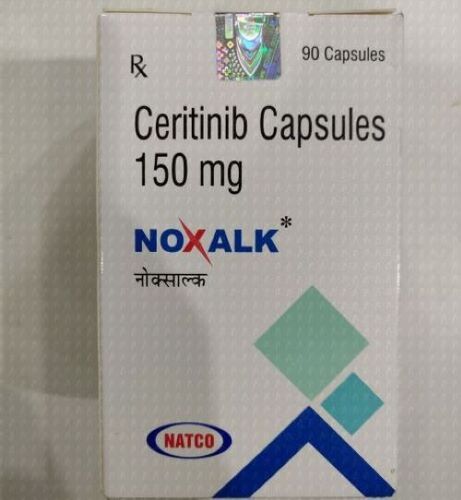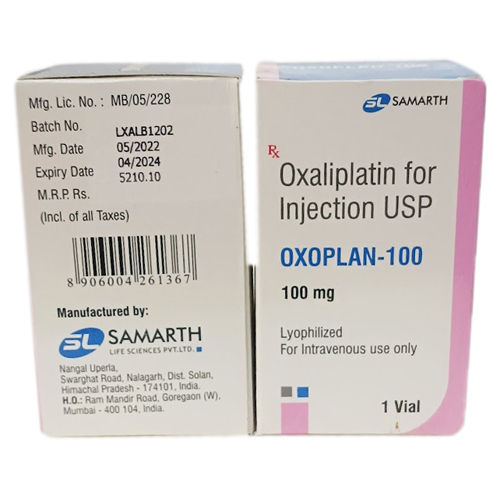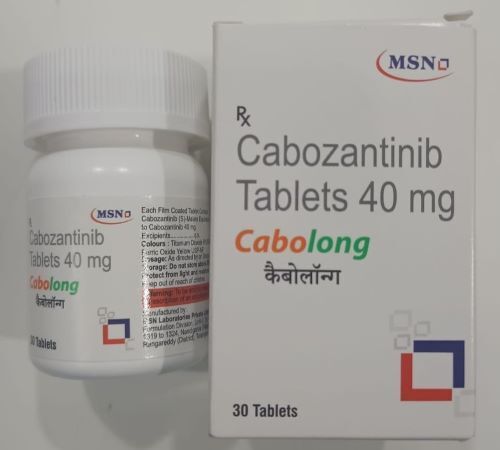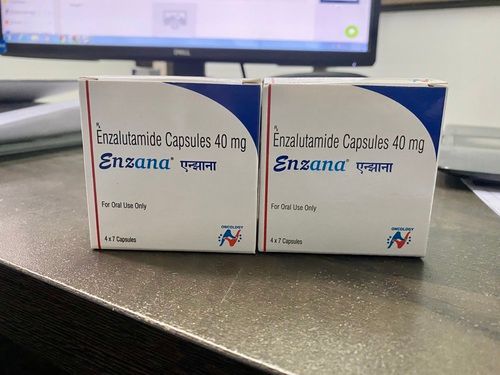Ceritinib Capsules
Product Details:
Ceritinib Capsules Price And Quantity
- 5 Bottle
- 5000 INR/Bottle
Ceritinib Capsules Trade Information
- Cash Advance (CA) Cash in Advance (CID)
- 1000 Bottle Per Week
- 4 Days
- All India South India Central India West India North India East India Gujarat Karnataka Kerala Lakshadweep Mizoram Meghalaya Manipur Andhra Pradesh Bihar Chandigarh Daman and Diu Goa Jharkhand Odisha Punjab Assam Delhi Dadra and Nagar Haveli Andaman and Nicobar Islands Arunachal Pradesh Chhattisgarh Haryana Himachal Pradesh Jammu and Kashmir Madhya Pradesh Maharashtra Nagaland Rajasthan Sikkim Tamil Nadu Telangana Tripura Pondicherry Uttar Pradesh Uttarakhand West Bengal
Product Description
Uses of Noxalk CapsuleNoxalk 150 mg capsule is used for the treatment of adult patients with anaplastic lymphoma kinase positive (ALK+) metastatic non-small cell lung cancer (NSCLC). How to Use Noxalk CapsuleNoxalk comes in a capsule form and is taken once a day.
-
What is ceritinib used for?Ceritinib is used to treat certain types of non-small cell lung cancer (NSCLC) that have a specific genetic mutation called ALK-positive (anaplastic lymphoma kinase-positive) metastatic NSCLC.
-
How does ceritinib work?Ceritinib is a kinase inhibitor that works by blocking the action of the ALK protein, which is involved in the growth and spread of cancer cells. By inhibiting this protein, ceritinib helps to slow down or stop the growth of cancer cells.
-
How is ceritinib taken?Ceritinib is taken orally in the form of capsules. It is usually taken once a day with food, at approximately the same time each day. Your healthcare provider will determine the appropriate dosage based on your individual condition and response to treatment.
-
What are the common side effects of ceritinib?Common side effects of ceritinib may include nausea, diarrhea, vomiting, fatigue, decreased appetite, constipation, abdominal pain, and elevated liver enzymes. It's important to report any side effects to your healthcare provider, as they can provide guidance on managing them.
-
Are there any precautions or considerations before taking ceritinib?Before taking ceritinib, inform your healthcare provider about any other medications you are taking (including prescription, over-the-counter, vitamins, and herbal supplements) as they may interact with ceritinib. You should also inform them about any other medical conditions you have, particularly liver problems or heart rhythm disorders.
-
What should I do if I miss a dose of ceritinib?If you miss a dose of ceritinib, take it as soon as you remember, unless it is within 12 hours of your next dose. In that case, skip the missed dose and take your next dose at the regular time. Do not take double doses to make up for a missed dose.
-
How long will I need to take ceritinib?The duration of treatment with ceritinib will depend on your individual response to the medication and your healthcare provider's recommendations. It's important to continue taking ceritinib as prescribed, even if you start to feel better, unless otherwise instructed by your healthcare provider.

Price:
- 50
- 100
- 200
- 250
- 500
- 1000+







 Contact Us
Contact Us Call Me Free
Call Me Free
